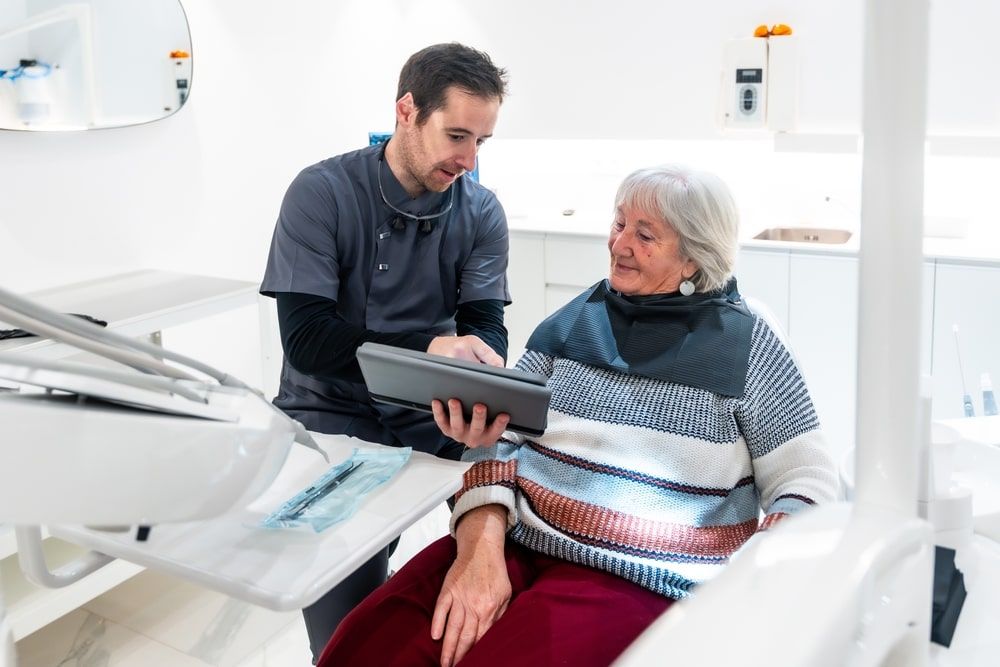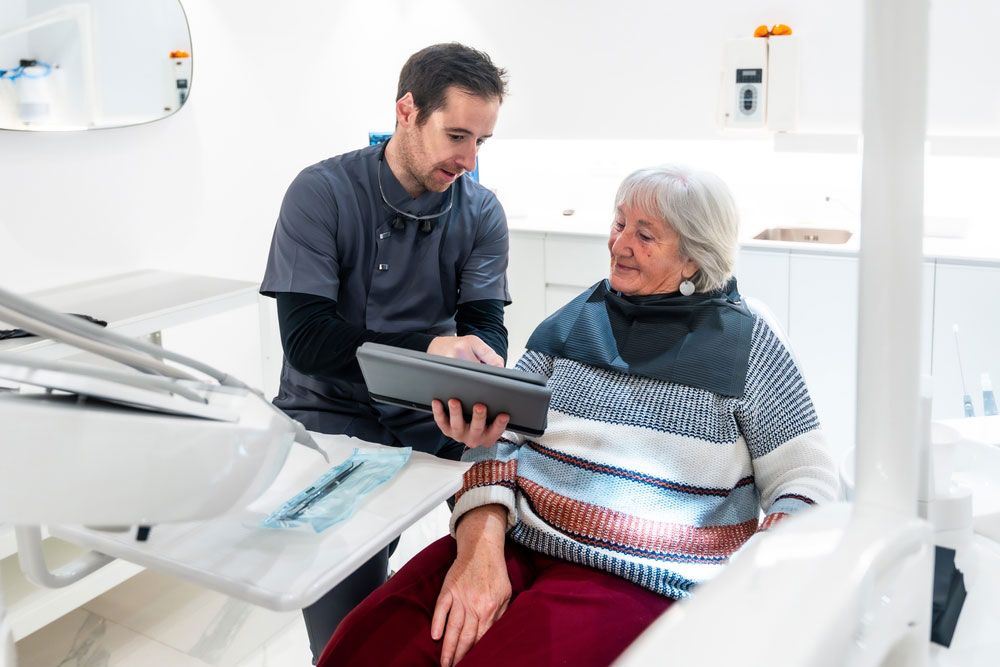Root reabsorption is considered a common condition, and endodontists have many ways to treat root reabsorption when it happens. This oral condition occurs when the body breaks down and absorbs tissues surrounding the tooth, which eventually dissolves the tooth’s root structure entirely. Root reabsorption can occur due to the loss of baby teeth and is considered a normal process. Still, when adults face root reabsorption, it is typically caused by chronic tooth infections, orthodontic tooth movement, chronic teeth grinding, and impacted teeth.
Endodontic Treatments for Root Resorption
For those with root reabsorption, most of the time, this process happens asymptomatically. But in severe cases, it can cause intense tooth pain, temperature sensitivity, and gum inflammation. Endodontists can treat this condition in numerous ways, including:
- Root Canal Treatment: Root canal therapy can be used to treat root reabsorption by cleaning out the inner cavities and root channels of the tooth. This also allows endodontists to preserve the remaining tooth structures.
- Dental Crowns: Teeth that cannot be restored endodontically can be treated with a dental crown. Teeth affected by root resorption can benefit from crown removal and replacement, often used to correct the remaining issues with your affected tooth and provide a more aesthetically pleasing alternative.
- Oral Surgery: Signs of root reabsorption causing intense pain from an unidentifiable source can benefit from oral surgery. The remaining tooth roots can be removed through oral surgery to protect the inner gums and jawbone from afflicted damage.
- Tooth Extraction: Tooth extractions can remove the remaining tooth structure and affected roots completely but are often used as a last resort when no other conservative options are available.
Find Your Local Endodontist Today!
If you’re suffering from tooth pain caused by root reabsorption, seek treatment by contacting and scheduling an appointment with your local endodontist.







